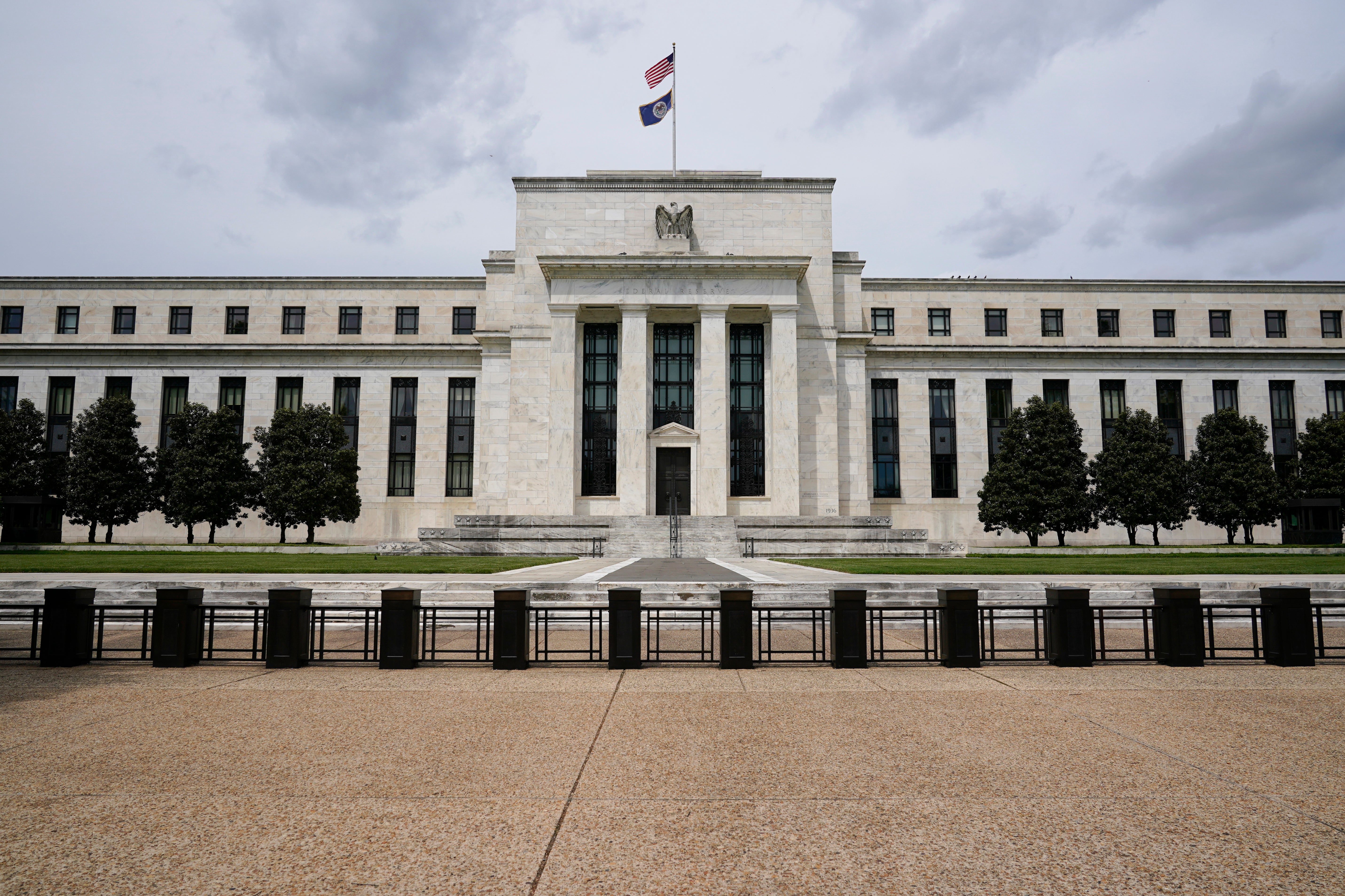For Americans, 2021 delivered healthiest finances in 8 years
Americans’ financial health reached its highest level in nearly a decade last year, the Federal Reserve said Monday, spurred by a strong job market and government support payments

Your support helps us to tell the story
From reproductive rights to climate change to Big Tech, The Independent is on the ground when the story is developing. Whether it's investigating the financials of Elon Musk's pro-Trump PAC or producing our latest documentary, 'The A Word', which shines a light on the American women fighting for reproductive rights, we know how important it is to parse out the facts from the messaging.
At such a critical moment in US history, we need reporters on the ground. Your donation allows us to keep sending journalists to speak to both sides of the story.
The Independent is trusted by Americans across the entire political spectrum. And unlike many other quality news outlets, we choose not to lock Americans out of our reporting and analysis with paywalls. We believe quality journalism should be available to everyone, paid for by those who can afford it.
Your support makes all the difference.Americans' financial health reached its highest level in nearly a decade last year, the Federal Reserve said Monday, spurred by a strong job market and government support payments.
Almost eight in 10 adults said last fall that they were either “doing okay or living comfortably” when it came to their finances in 2021, according to an annual Fed survey, the highest proportion to say so since the survey began in 2013.
The survey of 11,000 adults was taken last October and November, when inflation had topped 6% year-over-year, though before Russia's invasion of Ukraine pushed gas and food prices sharply higher. The Fed did not ask any specific questions about how inflation was impacting Americans' financial situations.
The report found that members of all racial groups reported healthier finances, with Hispanics showing the sharpest improvement and whites the smallest.
Nearly seven in 10 people said they could pay an unexpected expense of $400 with cash or its equivalent, the highest since 2013. Still, 11% said they would be unable to pay it at all.
People with children also reported a sharp increase in financial well-being, with three-quarters saying they were doing “at least okay” financially, up eight percentage points from 2020 and four points above 2019, before the pandemic.
The boost for parents likely reflected the reopening of schools, Fed officials said, allowing more parents to work and reduce their child care expenses. The expansion of the child tax credit, included in President Joe Biden's $1.9 trillion financial relief package, was also likely an important factor, Fed officials said.
Lower-income parents reported the biggest increases in their financial health. For those earning less than $25,000, the proportion that said they were doing at least okay jumped to 53% from 40%.
The expanded child tax credit included monthly payments of up to $300 per child to most parents. Higher-income parents said they mostly saved the money, while for those with incomes of less than $50,000, three in 10 said they spent the largest portion on housing, while 15% said the biggest portion went to food.